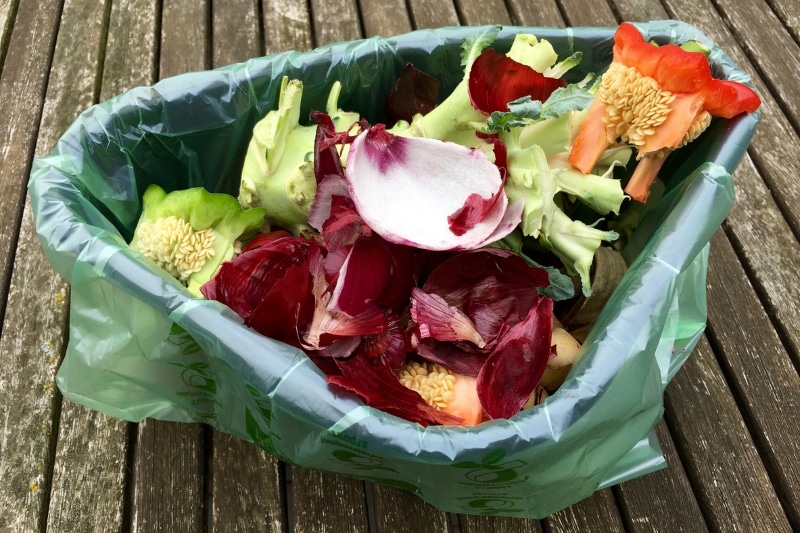As part of Singapore’s push to become a zero-waste nation, Singapore is considering a reporting framework that would require large commercial and industrial firms to measure and report their amount of food waste segregated for treatment.
Once implemented, the reporting requirements will take effect in 2024. According to Grace Fu, Minister for Sustainability and the Environment, industry consultations on the proposed reporting framework would start in the second quarter of this year. More details on the reporting framework will be released thereafter.
According to statistics from the city’s National Environment Agency (NEA), Singapore currently disposes of 744,000 tonnes of food each year, of which only 18% is being recycled. That is equivalent to 2 bowls of rice per person per day, or around 51,000 double-decker buses. Commercial and industrial (C&I) premises account for approximately 40% of the food waste generated in Singapore each year.
According to the landmark Resource Sustainability Act (RSA), enacted in October 2019, Singapore’s requirements relating to food waste are:
- Since Jan 2021, developers of new large commercial and industrial premises must allocate and set aside space for on-site food waste treatment systems in their design plans.
- Large commercial and industrial food waste generators must segregate their food waste for treatment from 2024.
Collection and segregation of food waste will help Singapore ensure diversion from the landfill and recycled into new products, such as biofuel or fertilizer. Under the Zero Waste Masterplan, the South East Asian city nation aims to increase its overall recycling rate to 70% and is working towards the 2030 goal of reducing the amount of waste to landfill per capita per day by 30%.
(Sources: Ministry of Sustainability and the Environment; National Environment Agency; Green Queen)
